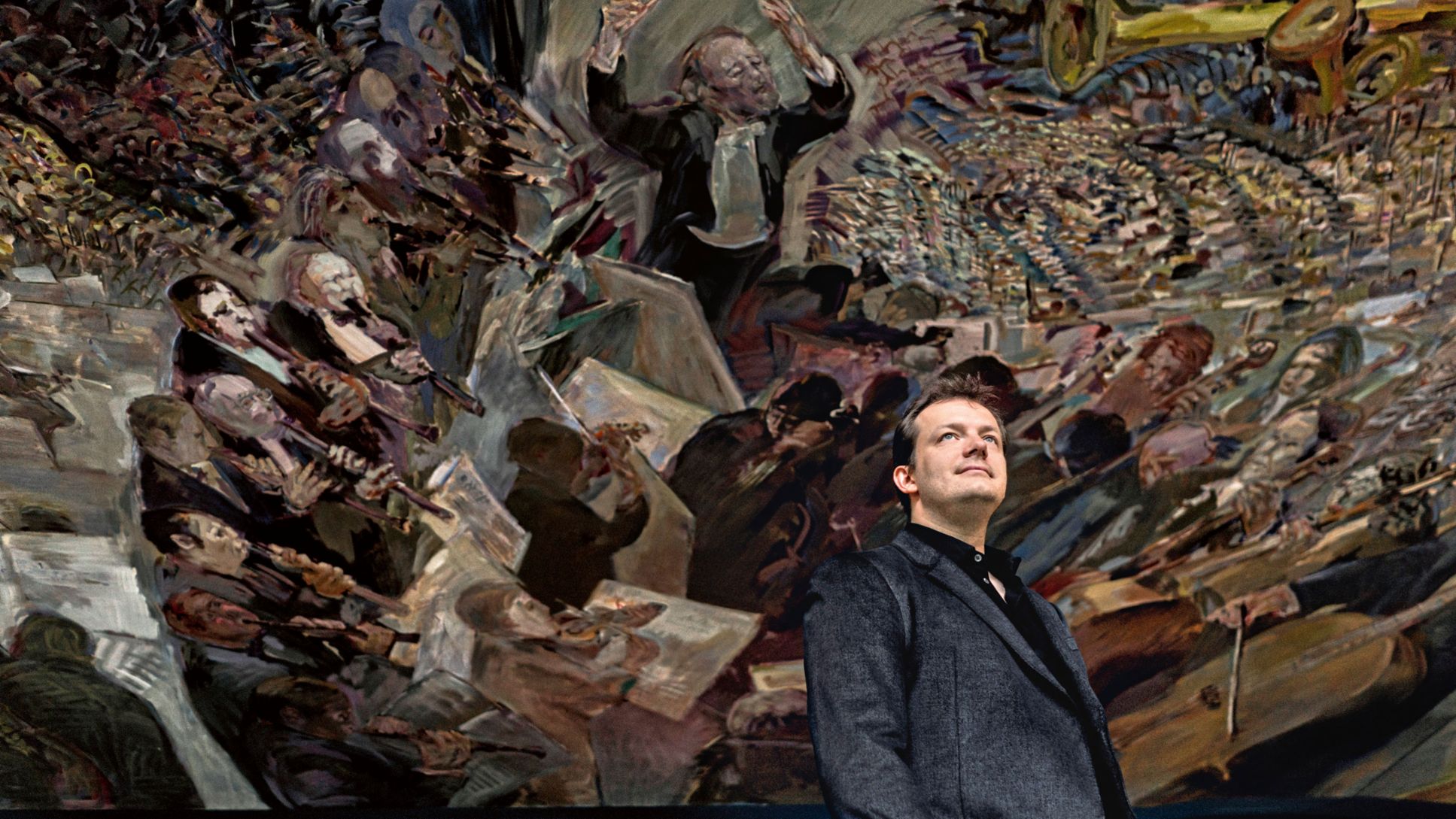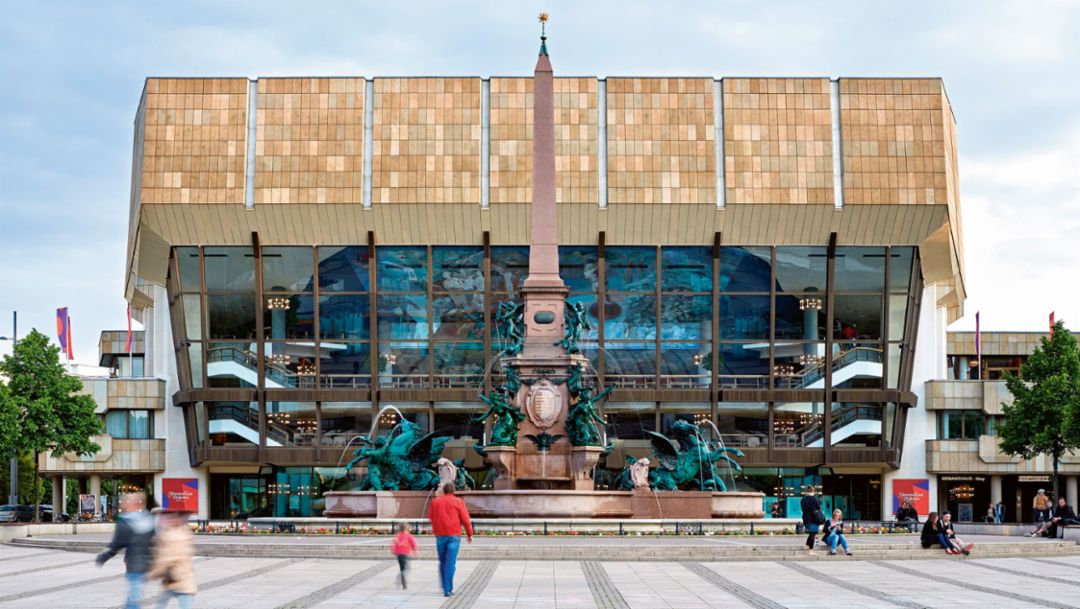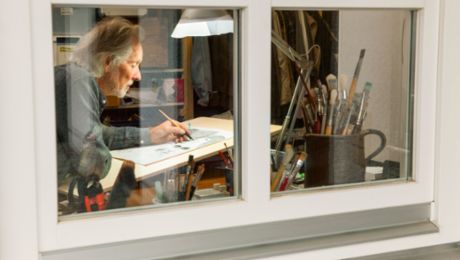Your contract in Leipzig will officially begin in March 2018. What do you associate with the city and with the Gewandhaus Orchestra?
The city has a youthful spirit combined with an awareness of tradition. Especially in music. The very first time I conducted the Gewandhaus Orchestra I was impressed by its unswerving focus on quality and its respect for great composers without being awestruck. You could sense this attitude everywhere, even in the cafeteria. And in the city at large, the Gewandhaus is esteemed even by people who tend not to attend concerts of classical music.
What will be the focus of your future program?
There will be a smooth lead-up to my official start, with a German and Slavic repertoire. In May and June 2017 there will be four “major concerts” (Große Concerte) with works by Schubert and Bruckner. My inaugural concert in March 2018 will feature Bruckner and the premiere of a work by the modern classical composer Jörg Widmann. No radical break, in other words. I’ll immerse myself in the musical roots of the city and see how I can incorporate them.
How will you split your time between Leipzig and Boston?
It looks like I’ll be switching back and forth for a month at a time. We’ve also agreed to deepen the partnership with the Boston Symphony Orchestra in a number of ways. For example, the two orchestras will be presenting a series of concerts in which each ensemble plays works from the repertoire of the other. I view the two orchestras as my musical family and each has an equal place in my heart.
It is said that you engage with your orchestras on an equal footing. How would you define your role?
Conducting is an odd profession in music. We don’t produce any sound. The “only” thing we do is influence the result of the performance. And that has a lot to do with psychology and empathy. I’ve played in orchestras myself and know how important support, trust, and respect are. I seek to create an atmosphere in rehearsals that encourages the musicians to show their individual personalities without fear of reprimand. With an ensemble as technically adept as the Gewandhaus Orchestra, this very quickly yields opportunities to shape the music.
How would you compare the role of classical music to that of other musical genres?
Classical music is not as present as pop or jazz in the everyday listening experience of most people, but that is absolutely no reason to assume an elitist or arrogant attitude. Every genre, of course, demands complete dedication. I admire artists of many different styles: Louis Armstrong, Anne-Sophie Mutter, the Beatles, Herbert von Karajan. They all devoted or continue to devote themselves utterly to their art. And the great artists of jazz, pop, and rock continue to derive their inspiration from one common source. And that source is classical music.
Andris Nelsons
Born in Riga in 1978, Andris Nelsons is one of the world’s leading classical conductors. He is the music director of the Boston Symphony Orchestra and has directed the Vienna and Berlin Philharmonic Orchestras, among others.
Leipzig’s Gewandhaus Orchestra is considered the oldest orchestra in Germany to have been founded by the bourgeoisie instead of a royal court (1743). Its most famous conductors include Felix Mendelssohn, Wilhelm Furtwängler, and Kurt Masur. Porsche became a Global Partner of the Gewandhaus in 2011. Support from the sports car manufacturer made it possible to restart the popular Klassik airlebenopen-air concert series in the Rosenthal area of Leipzig in 2014.
Info
Text first published in the Porsche customer magazine Christophorus, No. 380
Interview by Ralf Niemczyk





